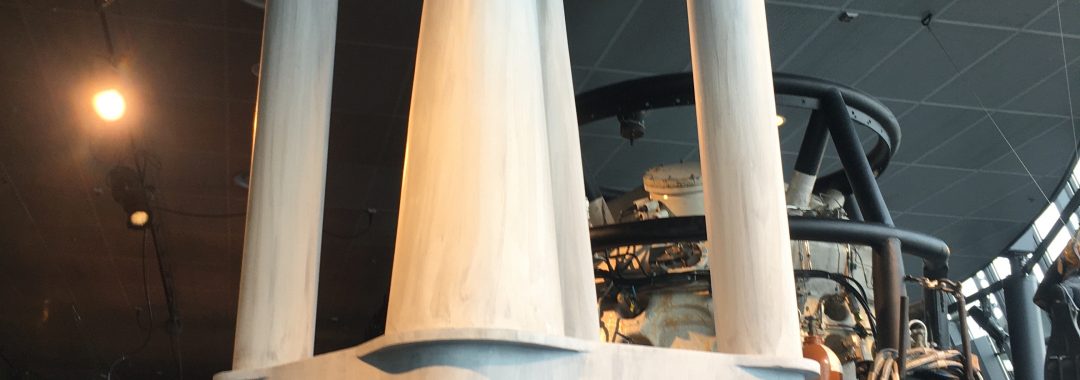Oil makes futures and oil breaks futures.
The future is linked to our capacity for imagining, for setting trajectories in motion. Unless we actively work against it, the status quo tends to reproduce itself – in our imagination as well as our actions. When we pluralise future(s), the forces that go into shaping particular versions become more apparent. Daring to speculate on a future beyond oil is the start of making things otherwise.
Oil makes futures through extraction: laden with jobs, prosperity, and enormous capital. But also ideas and ideals. Maybe we could call it the infrastructural undertone of the current world system. The sound of oil moving through a pipeline, the spinning motor of a sleek convertible. Imagine: the greasy humming!
But futures are also broken through extraction; accidents, dangerous working conditions, displacements of people, the appropriation and use of landscapes as resource colonies. Oil extraction changes these landscapes, changes the lives lived in them by humans and non-humans. The brutal aesthetic of the drilling rig, the oil platform, the refinery.
The future, not one possible version among many, but as the condition of possibility for our existence, is now in jeopardy by the burning of oil, as emissions of carbon heat the planet. There is more available oil to burn than the earth can endure. Melting ice and rising seas. A separation in time and space between carbon emissions and the violence their accumulation causes. Yet another way of privileging white lives over lives that are not white. A fear that there is no livable future. The situation inspires names: Climate angst. Climate anger. Climate grief. Climate refugees.
Oil is the future version of a geological past. Sediments, rock and stone. Compression. Immense amounts of time. But oil is more than a material substance. Its energy shapes society, its desires, its values, its hopes and beliefs.[1] Think about: individualism, mobility, consumption, growth. Think about: highways, cars, and airplanes. And think about: The plastics that fill our commodities, our lives, our oceans, our bodies, our atmospheres.
Living beyond oil requires urgent modes of speculation. Not only for the sake of imagining alternate futures, but speculation as a mode of retaining a future. Such speculation necessitates the understanding that living beyond oil is more than a question of new technology, the modification of energy instrastructures, or alternative sources of energy. Life beyond oil entails a reworking of social and cultural meaning and values.
[1] see e.g. Sheena Wilson, Adam Carlson, and Imre Szeman, eds., Petrocultures: Oil, Politics, Culture. (Montreal: McGill-Queen’s University Press, 2017); Imre Szeman and Dominic Boyer, eds., Energy Humanities: An Anthology (Baltimore: Johns Hopkins University Press, 2017); Lynn Badia and et al., ‘After Oil’ (Edmonton: Petrocultures Research Group, 2016), http://afteroil.ca/wp-content/uploads/2016/02/AfterOil_fulldocument.pdf.
Author: Anne-Sofie Lautrup Sørensen
